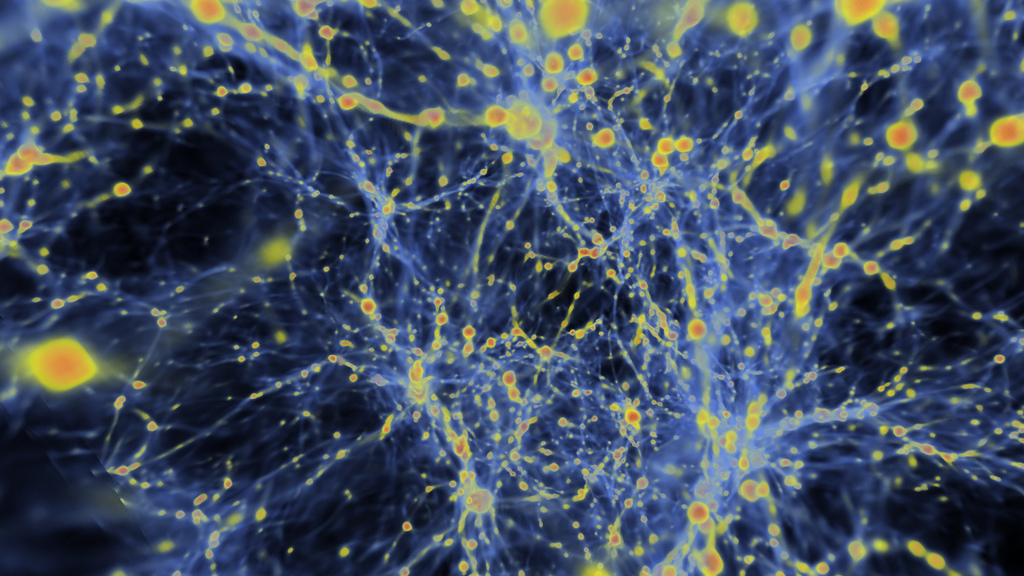 NEWS
NEWS
 NEWS
NEWS
 NEWS
NEWS
Semiconductor and IP technology vendor Rambus Inc. has revealed it’s collaborating with Microsoft Research to explore future memory requirements for quantum computing.
The company announced the new partnership just before the holidays, saying that its “promising but largely untested” technologies are slowly gaining traction as existing computer architectures run out of steam.
Rambus said that the demand for greater system memory requirements is growing rapidly due to the increasing consumption of real-time data. As a result, Rambus is exploring a number of “new, high-performance, energy-efficient computer systems”, wrote Gary Bronner, vice president of Rambus Labs, in a company blog post.
“By working with Microsoft on this project, we can leverage our vast expertise in memory systems to identify new architectural models,” he added.
The plan is for Rambus and Microsoft to pool their resources so they can research a variety of future computing architectures that are capable of enhancing memory capabilities to fulfill a range of use cases. In addition, the companies will look at how new memory technologies can help to boost overall system performance to cope with skyrocketing volumes of data.
Rather than attempt to build the actual hardware and components needed for quantum computing, like D-Wave Systems Inc. is trying to do, Microsoft says it’s approaching the problem from a different angle with theoretical software design, among other things.
“We are engaging with partners that have critical expertise, such as Rambus, to build new types of computing platforms,” said Douglas Carmean, architect for quantum architectures and computation at Microsoft Research, in a statement.
As such, the bulk of Microsoft’s quantum computing research is focused on developing and implementing new applications based on the technology. Its collaboration with Rambus will build on earlier efforts its made at building “real-world” quantum algorithms and software architectures for creating new algorithms that can scale on quantum machines.
The partnership between Microsoft and Rambus comes just weeks after Google claimed a major breakthrough in its own quantum computing research by using the D-Wave computer to complete complex mathematical tasks “100 million times faster” than standard computers can. However, those claims are yet to be peer reviewed.
Support our mission to keep content open and free by engaging with theCUBE community. Join theCUBE’s Alumni Trust Network, where technology leaders connect, share intelligence and create opportunities.
Founded by tech visionaries John Furrier and Dave Vellante, SiliconANGLE Media has built a dynamic ecosystem of industry-leading digital media brands that reach 15+ million elite tech professionals. Our new proprietary theCUBE AI Video Cloud is breaking ground in audience interaction, leveraging theCUBEai.com neural network to help technology companies make data-driven decisions and stay at the forefront of industry conversations.